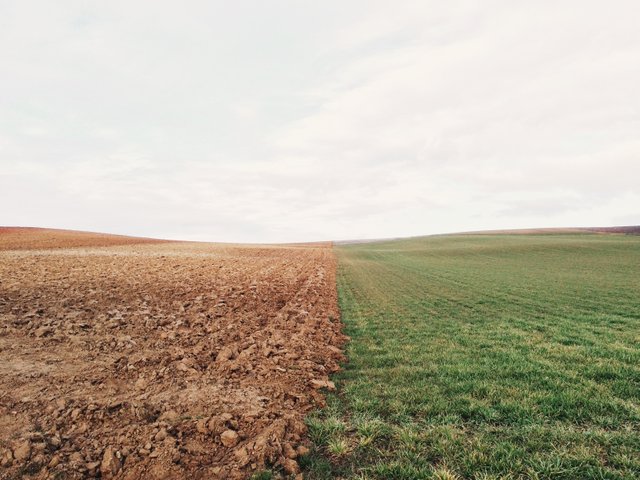
Coming from a US mentality and living there most of the early 2000s the term “Organic” was introduced to me in Business School where an organic growth was one from within , by increase in output or customer base, not a merger or acquisition. That was the first…then it was…Wholefoods ☺
Organic became synonym to premium shopping or food that wasn’t mass-produced. This week I was in the supermarket in Amsterdam with a Dominican and she said “I am not really into that organic stuff” with that skepticism that we’re just buying into another fad.
However its important that we all understand what this organic label means. Specially for crops that we consume so much of like: cotton.
Organic Cotton.
Organic.org says that “simply stated, organic produce and other ingredients are grown without the use of pesticides, synthetic fertilizers, sewage sludge, genetically modified organisms, or ionizing radiation.” In other words the crop is not manipulated. Why is this important and why should we care?
Lets start with my favourite evil: Pesticides. Pesticides like antibiotics do not only kill the “pests” that you want them to, they do away with everything, bees included (read up on the birds and the bees). They also mix with the rain, the land and do away with everything on the soil base which for farming purposes should be as rich as can be. When the soil is depleted of its biodiversity and a demand for crops exist (insert $ ) there are mechanisms that allow the farmers to continue to grow the cotton without the need to preserve the land such as syntethic fertilizers and my other favourite evil genetically modified organisms. A genetically modified seed is a super seed that can grow faster, and stronger without the need for all of the natural elements that we are lacking more of every day.
I admit its very hard to condemn those that use of GMOS and pesticides. My friend Anita and I held someone under inquisition not long ago when he told us he uses GMOs and pesticides. His argument was that the neighboring pests ruin his crops and GMOs are just stronger and more resilient. He would not be competitive going organic. Its “more work” (insert sarcastic smile here)
A land that has been depleted and taken over by a super mono-crop, meaning you’re only growing one crop there and the land now is only good for that one crop, is a land that has been stripped of its biodiversity and natural state.
By buying certified organic cotton we are supporting those who are not only putting up the fight against the mass production of cheap crops, but we are supporting those who respect the land, those who are stewarding the land and biodiversity that comes with it.
Most producers see organic as more time, effort, and less short-term gains. Some consumers see organic as something more expensive or elitist.
May we become better consumers, more conscious of how powerful our buying decisions are and how they transcended. By buying organic cotton we are not only contributing to an environmental impact but also leveling out the playing field of the corporate giants that have taken over everything from our bathroom to our closet and most importantly our land.
Interesting thoughts
Downvoting a post can decrease pending rewards and make it less visible. Common reasons:
Submit